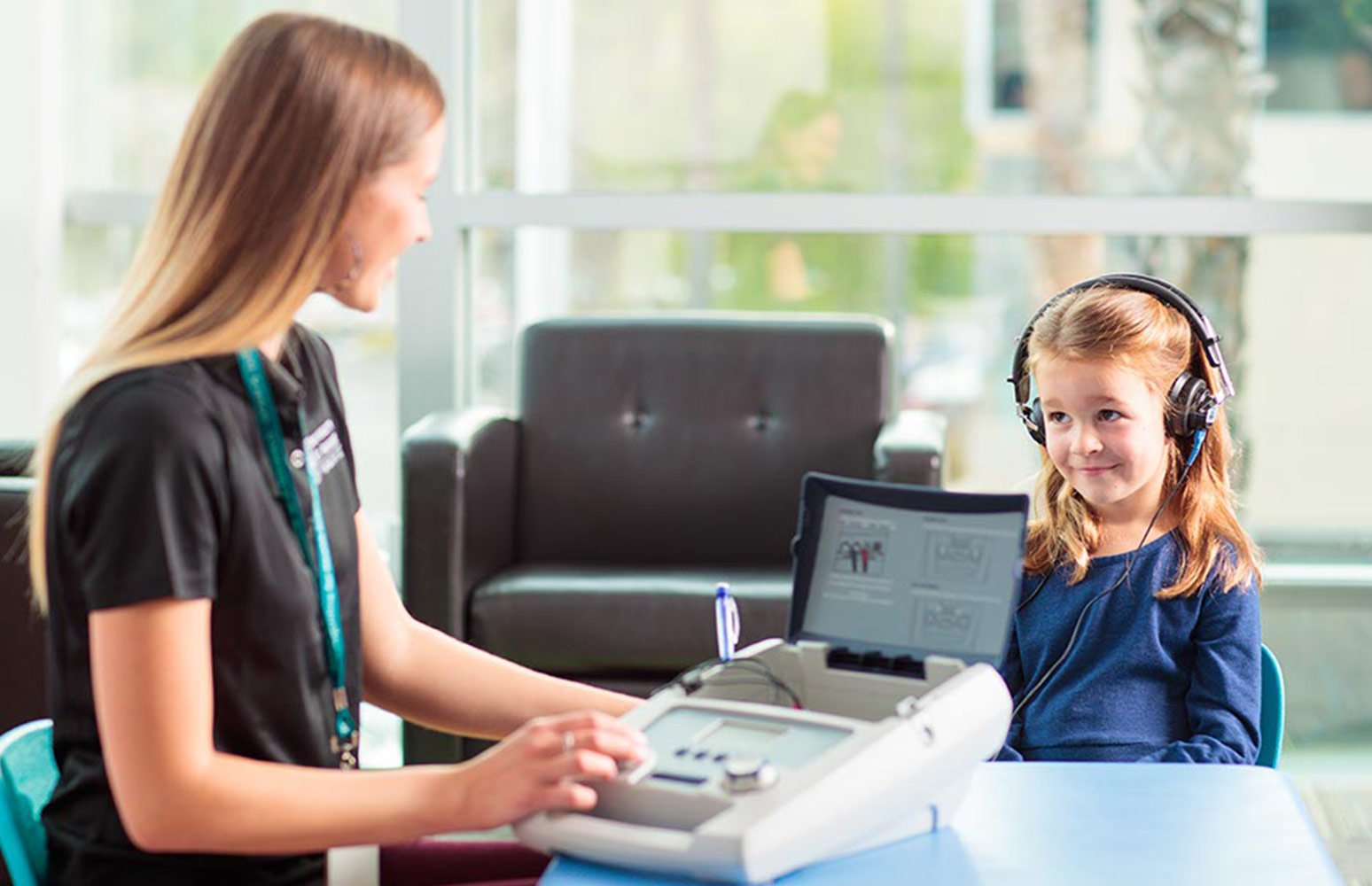Discover How a Speech Pathologist Helps People with Voice Disorders
Discover How a Speech Pathologist Helps People with Voice Disorders
Blog Article
Exactly How a Speech Pathologist Can Aid Improve Interaction Abilities
Efficient interaction is a keystone of individual and expert success, yet several people face difficulties that impede their capability to share themselves clearly. A speech pathologist is outfitted to address these barriers via targeted analysis and treatment techniques customized per individual's demands. By utilizing evidence-based healing strategies, they not only work to improve speech and language conditions yet also boost overall communicative proficiency. Understanding the complex role of a speech pathologist reveals exactly how their experience can transform lives, inviting a more detailed exam of the particular approaches and outcomes related to their technique.
Comprehending Interaction Conditions
Comprehending communication problems is vital for recognizing just how they influence individuals' capacity to express themselves and involve with others. Communication conditions include a vast array of troubles that influence speech, language, and social interaction, often impeding effective interaction. These disorders can occur from numerous aspects, including neurological conditions, developing hold-ups, physical problems, or mental issues.
Speech problems might materialize as problems in fluency, voice, or articulation manufacturing, influencing just how words are obvious or spoken. Language conditions, on the various other hand, entail difficulties in understanding or making use of language, which can hinder both non-verbal and spoken communication. Social communication disorders are characterized by difficulties in the pragmatic elements of interaction, such as taking kip down discussion or understanding social signs.
The repercussions of communication disorders are extensive, impacting not only the individual's capability to communicate feelings and thoughts but additionally their social connections, educational possibilities, and general lifestyle. Recognition of these conditions can cultivate compassion and assistance, motivating effective methods for communication and involvement. Understanding the intricacies of interaction problems is an essential step towards promoting inclusivity and dealing with the needs of those impacted.
Function of a Speech Pathologist
Speech pathologists often play a vital duty in identifying and dealing with interaction conditions, using a variety of evidence-based strategies tailored per person's needs. These experts deal with individuals across the life expectancy, from children with speech hold-ups to grownups recouping from strokes or stressful brain injuries. Their experience includes a range of interaction concerns, consisting of articulation, voice, language, and fluency disorders.
In healing settings, speech pathologists use organized interventions developed to enhance interaction skills. They might apply approaches such as speech exercises, language games, and social communication training to promote enhancements in expressive and receptive language abilities. Speech Pathologist. In addition, they enlighten clients and their households about reliable interaction techniques and adaptive approaches to navigate daily interactions
Beyond straight treatment, speech pathologists collaborate with other medical care caretakers, specialists, and educators to make sure a comprehensive method to therapy. They promote for customers by providing resources and support, making it possible for people to achieve their interaction goals and enhance their total quality of life. As professionals in the field, speech pathologists are necessary in cultivating efficient interaction, promoting self-reliance, and boosting social involvement for those with interaction difficulties.
Analysis and Diagnosis Process
The analysis and diagnosis procedure conducted by speech pathologists typically includes a detailed analysis to recognize interaction problems accurately. This process starts with a detailed medical history, where the medical professional gathers pertinent information about the individual's clinical, instructional, and developmental history. Comprehending the context of the individual's communication difficulties is vital for an exact medical diagnosis.
Adhering to the situation history, speech pathologists utilize casual evaluations and standardized tests to examine various facets of interaction, consisting of speech noise production, language understanding, meaningful language, and social interaction skills. These evaluations are tailored to the individual's age and particular worries, offering valuable information for analysis.
Monitoring is likewise a crucial part of the analysis process, as it enables the medical professional to see direct exactly how the individual connects in natural settings. Additionally, meetings with member of the family and educators can offer insight into the person's communication obstacles across different settings.
Once the you can try this out analysis is complete, the speech pathologist manufactures the findings to figure out a diagnosis and advise suitable interventions. This complete assessment process guarantees that people obtain targeted assistance tailored to their special interaction demands, laying the foundation for efficient therapeutic methods.
Healing Strategies and Strategies
Numerous therapeutic methods and strategies are used by speech pathologists to attend to a selection of interaction disorders properly. One commonly used technique is expression treatment, which focuses on remedying speech appears through repeating and visual cues. This technique is particularly beneficial for individuals with speech audio disorders.
One more reliable method is language treatment, which improves both expressive and responsive language skills. This might include interactive activities that advertise vocabulary development, syntax understanding, and conversational skills. Furthermore, speech pathologists commonly use social skills training to enhance pragmatic language abilities, enabling people to navigate social interactions much more successfully.
Fluency shaping and stuttering adjustment strategies are especially designed to assist those experiencing fluency problems. These strategies assist clients establish smoother speech patterns and take care of the physical and psychological components of stuttering.
Furthermore, augmentative and alternative communication (AAC) systems are used for people with serious interaction problems. These useful site systems, which can consist of motions, icons, or electronic devices, provide vital assistance for reliable communication.
Benefits of Speech Treatment

In addition, speech therapy can help in creating crucial listening and understanding abilities, promoting far better interaction in conversations. People with cognitive-communication conditions can also profit, as treatment concentrates on strengthening memory and analytic capabilities, necessary for reliable communication.
One more important element is the emotional support provided throughout treatment sessions. Speech pathologists produce a safe setting, encouraging patients to conquer anxiousness and disappointment related to their communication concerns. This support can bring about improved self-confidence and general psychological well-being.
Furthermore, very early intervention with speech treatment can prevent additional issues, making certain that people reach their complete communicative potential. On the whole, the benefits of speech therapy prolong beyond simple speech improvement, positively impacting various dimensions of life for those affected by communication difficulties.
Final Thought
In recap, speech pathologists play an important function in addressing interaction problems with assessment, medical diagnosis, and tailored healing interventions. By utilizing evidence-based methods, these specialists enhance individuals' speech and language abilities, cultivating enhanced clearness, fluency, and social interaction skills. The advantages of very early treatment highlight the significance of seeking help from speech pathologists, as their knowledge can considerably improve communicative potential, eventually go right here bring about greater success in both expert and individual spheres.

Speech pathologists frequently play an important role in identifying and dealing with communication disorders, using an array of evidence-based techniques customized to each individual's demands. As specialists in the area, speech pathologists are necessary in promoting effective interaction, advertising independence, and enhancing social involvement for those with interaction difficulties.

Report this page